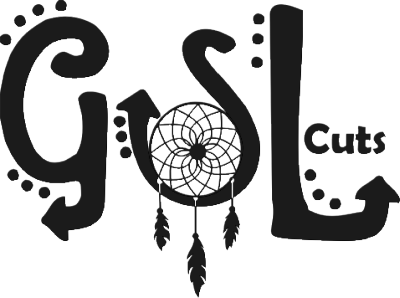Growing up in the countryside of Pennsylvania we were excited when summer came and it was time for the Lycoming County Fair, as a youth I’d spend the week there walking the circuit and seeing who I could see, strange to think of now as I am more of a shy introverted individual.
I’ve written about the Sideshow Tent or the Freak Show before in my blog titled: County Fairs Can be a Circus.
I was also intrigued by the livestock buildings, that housed the cows, horses, sheep, pigs, rabbits, alpacas, lamas, emus, woodland creatures and poultry. We raised chickens at the homestead of my childhood but in the poultry building they had exotic breeds not seen in our small chicken coop. They are the inspiration for this artwork.
- Gather Supplies.
- Use a Pen to Trace the Portions of the Magazine Pictures you Wish to Uses.
- Use Scissors to Cut out Pieces.

- On Larger Inside Picture Use a Wire Gauge Folders and Sizzix Big Kick Machine to Add Texture to Image.
- Gently Rub Embossed Picture with SilverLeave Run’nBuff to give the Appearance of Depth.
- Use a UHU GlueStick to Glue Larger Image to Pack Portion of GSLC Triptych.
- Rub Edges Smoothly with a Nail Emory File.
- Use a UHU GlueStick to Glue Smaller Images to Both Front and Back Portions of GSLC Triptych Side Panels.
- Rub Edges Smoothly with a Nail Emory File.
- Use Shades of Green and Off White Acrylic Pains to Paint the Inner Frame of GSLC Triptych.
- Use Cloth Tape to Form Hinges of Triptych.
- Use WeldBond to Glue Frame of Inside Portion of GSLC Triptych.
- Add Paper Butterfly Embellishments as Desired to Prepared Triptych.
- Use Alligator Crimping Tool to Punch Holes is side Panels.
- Attach Small Knobs Using Screwdriver to Secure into Place.
- Gently Coat Entire Project with DecoArt Matte Gel Medium using a Paintbrush.
Final Thoughts
The only egg colors that our chickens produces were basic brown and white. Years later in a Martha Stewart Spring Issue, I was introduced to the many shades that eggs cold be. I marveled at the bluish tones, to creamy pinks, shades of green and hues of brown, and a variety of whites. It still seems so magical to me the variety of colors bird eggs can be.
In the Hen House at Lycoming County Fair Grounds, there were a wide variety of chickens some looked like they were wearing wigs, much like RuPaul dressed in drag.These were Polish or Sultan Breeds. The Silkie Breed of Chickens have soft silky feathers. They look like a combo of Alpaca and the world’s most comfy sweater. Rhode Island Reds have red-orange eyes and rust-colored sometimes almost maroon colored feather. They are stately and regal in their appearance.The Barred Plymouth Rock Chickens have sharply defined parallel lines of Black and White the jail breakers of the crowd. They have stunning bright red combs and wattles. Some Wyandotte Chickens have brown feathers that are lined in black but this variety of chicken has eighteen recognized color patterns so you can color coordinate them for your backyard Aviary. Many Bantam Chicken have feathered feet, the Booted Bantam looks like they are wearing chaps, they may be best suited for a cowboy themed chicken coop.
As I child I remember visiting my Uncle Bob and Aunt Margaret when they lived on the farm, deeper in the country, farther up the mountain past the country store with a bear mounted in it’s breezeway. Aunt Margaret was a tiny woman and uncle Bob seemed a giant compared to her. They had a three legged dog and a flock of banty chickens that ran wild. I always wanted to go search for their eggs but none seemed to know where they nested. They the original free-range organic chickens. In the springtime when their babies were hatched they were so tiny and cute. The momma hen would corral them and keep them close to her. Looking back now I also realize that many of our meals were farm to table long before it got boojie.
Supplies: GSLC Vintage Triptych Florentine, Magazine Pictures of Your Choosing, I Used Ralph Lauren Advertisement That Happened to Include Chickens, Pen, Scissors, Shades of Green and Off White Acrylic Paints, Paintbrush, Wire Cage Embossing Folder, Sizzix Big Kick Machine, SilverLeaf Run’nBuff, UHU GlueStick, WeldBond Glue, Nail Emory File, Cloth Table, Paper Butterfly Embellishments, Alligator Crimping Tool, Mini Knobs, Screwdriver, DecoArt Matte Gel Medium
I cannot wait to see your interpretation of this project. Share it on the Gypsy Soul Laser Cuts Craft Group Page on Facebook. I would love to see what new creations you are working on!














































